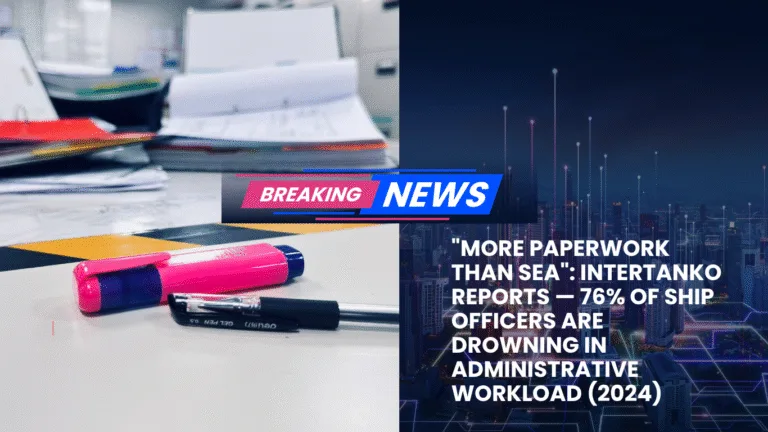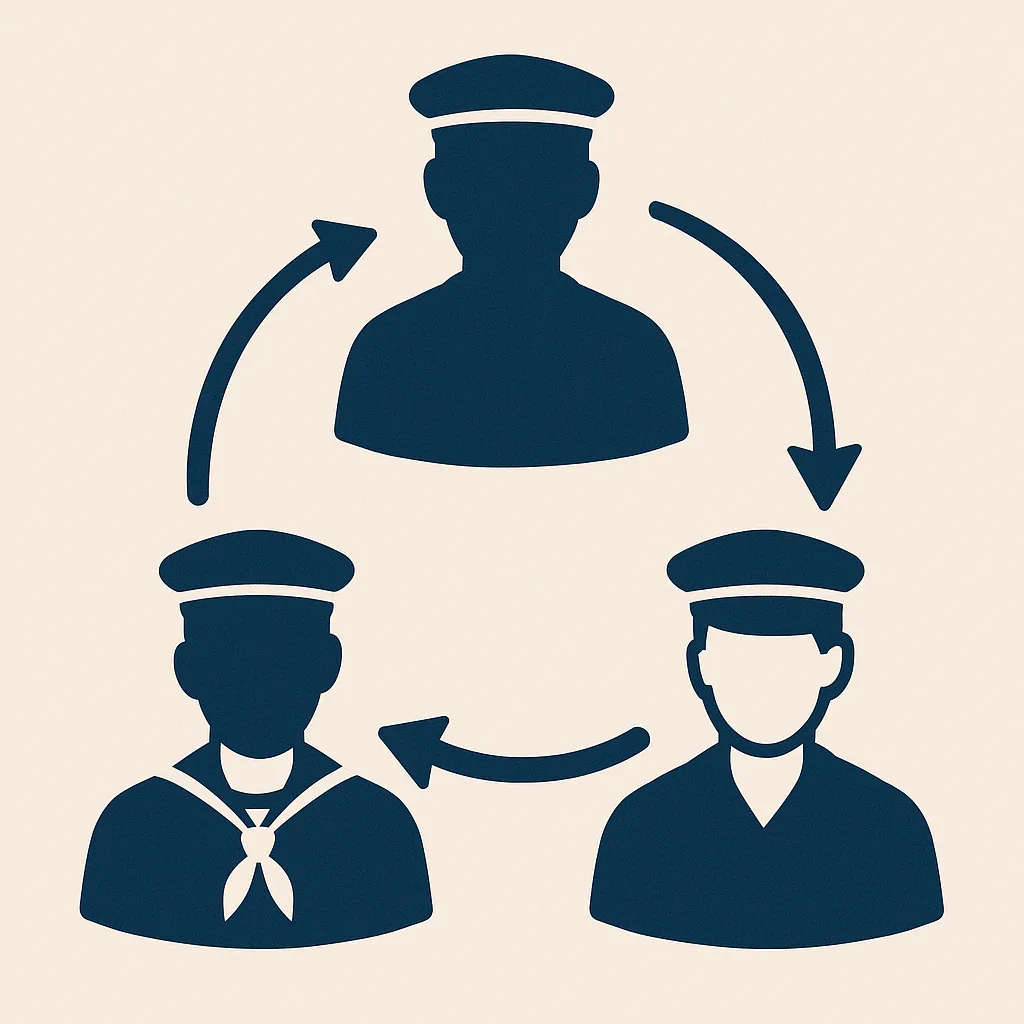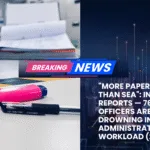Waste on Ships – How to Prevent Marine Pollution
Waste Separation and Disposal on Ships: Requirements and Rules
One of the key tasks facing any vessel is proper waste management on board. The world’s oceans are suffering from severe pollution, and the shipping industry plays a vital role in protecting the environment. International regulations, such as MARPOL Annex V, were created to regulate the waste disposal process and prevent marine pollution. Adhering to these rules is not just a legal obligation, but also an ethical duty for every seafarer.
Waste Management Rules on Ships
According to MARPOL Annex V, every vessel is required to comply with strict rules for waste collection and disposal. Waste refers to all kinds of food waste, domestic and operational waste, plastics, cargo residues, ash from incinerators, cooking oils, fishing gear, and animal carcasses. Exceptions include fresh fish and parts of fish, as well as cargo dust left after cleaning the deck.
There are specific regulations for various types of waste, outlined in resolutions MEPC.220(63), MEPC.201(62), MEPC.295(71), and MEPC.277(70).
Responsible Parties for Waste Management on Ships
The captain is responsible for implementing the waste management plan on the ship, with the assistance of the chief mate and staff from all ship departments. Every crew member is required to ensure the collection, separation, and storage of waste according to the management plan.
How to Properly Dispose of Waste on Ships?
Waste on board is divided into several categories (plastic, food waste, domestic waste, cooking oils, etc.), and each should be stored in appropriate containers with color coding. For example, orange containers are used for plastics, green for food waste, and red for domestic waste.
Once collected, waste should be delivered to designated port reception facilities. It’s important to receive a waste delivery report, which includes the quantity and type of waste, as well as the date and location of disposal.
Dumping Waste Overboard
Dumping waste overboard is permitted only under strict conditions defined by MARPOL Annex V. Plastic is strictly prohibited from being dumped into the sea under any circumstances. Food waste may be discharged overboard at a certain distance from shore (no less than 12 nautical miles in regular areas and 3 nautical miles in special zones for processed food waste). Cargo residues, if not harmful to the environment, may also be discharged overboard under specific conditions.
Prohibited Zones for Waste Disposal
MARPOL Annex V defines special zones where the dumping of most types of waste is strictly regulated or prohibited. These zones include:
- The Mediterranean Sea
- The Baltic Sea
- The Black Sea
- The Red Sea
- Gulf areas:
- The Persian Gulf
- The Gulf of Oman
- The North Sea (including the North Sea north of 62° N, east of 4° W)
- The Caribbean region
- The Antarctic zone (south of 60° S latitude)
- Bahia Sea (near the Brazilian coast, where waste dumping is strictly prohibited)
In these zones, the dumping of all waste types is strictly regulated, and plastic dumping is prohibited everywhere without exception. For food waste and other allowable categories of waste, stricter distance requirements from shore apply.
Proper Waste Recordkeeping
Each operation involving waste disposal or discharge must be recorded in the Garbage Record Book. The record should indicate the type of waste, its quantity, the place, and the date of disposal. Accurate records are essential as they may impact inspection results.
Responsibility and Potential Penalties
Failure to comply with waste disposal regulations on ships can lead to severe fines and sanctions. Violating MARPOL Annex V can result in fines in the thousands of dollars, as well as legal proceedings. Regular ship inspections help detect and prevent violations.
Garbage Management Plan
Each ship is required to have a Garbage Management Plan, which regulates the process of collecting, storing, and disposing of waste. The plan should include detailed instructions on how to handle each type of waste, who is responsible, and what equipment is provided on board. For example, food waste should have grinders installed, and waste should be compacted.
Conclusion
Adhering to international waste management regulations on ships not only prevents pollution in the world’s oceans but also helps avoid severe fines and sanctions. Improper disposal of waste overboard outside permissible zones can cause significant harm to ecosystems, marine life, and human health. Violating MARPOL Annex V also leads to reputational damage for shipping companies, which can harm business operations.
Proper waste handling on board is not just a legal requirement, but each seafarer’s contribution to environmental protection for future generations.











